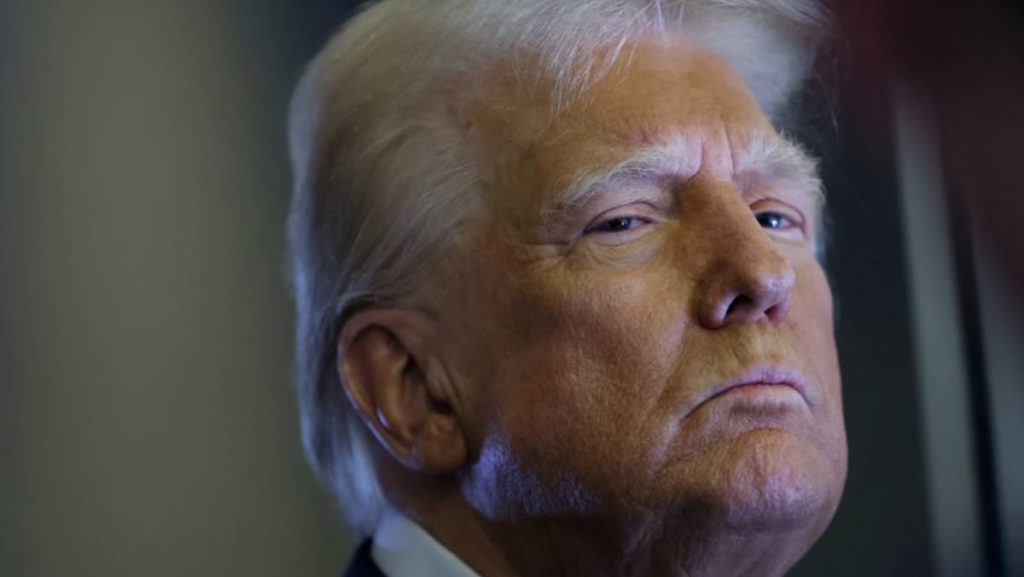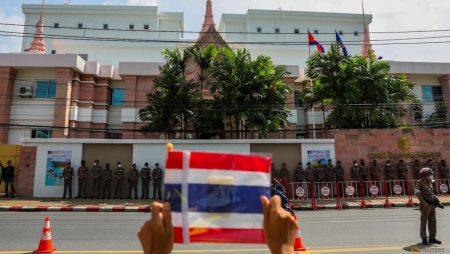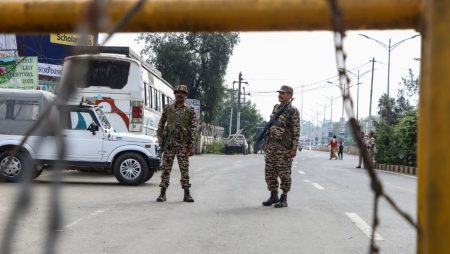The global landscape of technological supremacy is rapidly evolving, with semiconductor chips emerging as the critical battleground in the escalating US-China trade war. These miniature powerhouses, driving everything from smartphones and electric vehicles to sophisticated satellites and artificial intelligence systems, have become pawns in a high-stakes game of economic and geopolitical dominance. China’s ambition for semiconductor self-sufficiency and the United States’ strategic efforts to thwart this ambition have created a tense standoff, far exceeding the implications of mere tariff disputes. Experts agree that the true flashpoint lies in the control and access to this foundational technology, setting the stage for a protracted and potentially disruptive conflict.
The US has implemented stringent export controls, aiming to restrict China’s access to advanced chip-making technology, effectively hindering its progress in key technological sectors. This has provoked retaliatory measures from Beijing, most notably leveraging antitrust investigations against US chip manufacturers. These investigations, often perceived as a direct response to US policies, scrutinize pricing practices and potential unfair advantages afforded to US companies through government incentives and grants. While China asserts these probes are justified to protect its domestic industries, critics argue they represent a calculated tactic to pressure US businesses and policymakers, exploiting China’s vast market size and manufacturing capacity as leverage in the ongoing trade negotiations.
This dynamic creates a complex web of interconnected risks and opportunities. While China’s actions may momentarily disrupt US operations and influence policy decisions, they also carry the potential for unintended consequences. Increased compliance costs, regulatory uncertainty, and the fear of arbitrary enforcement could deter foreign investment and stifle technological collaboration, ultimately undermining China’s long-term goals. Furthermore, the politicization of antitrust laws risks eroding transparency and investor confidence, potentially harming both domestic and international markets.
China’s antitrust regulations have become increasingly robust, raising concerns about their application and potential misuse in the context of the trade war. While these laws are designed to address anti-competitive behaviors and ensure fair market practices, their selective deployment against US chipmakers raises questions about their objectivity. To maintain credibility and avoid accusations of protectionism, it is crucial that China adheres to established antitrust principles and refrains from using these regulations as a weapon against foreign companies. The focus should remain on fostering a level playing field and promoting fair competition, rather than leveraging legal mechanisms for political gain.
The escalating tensions between the US and China in the semiconductor arena underscore the strategic importance of this technology. Both nations recognize the crucial role semiconductors play in driving economic growth, national security, and future technological advancements. China’s pursuit of self-reliance in chip production is driven by a desire to reduce its dependence on foreign suppliers and secure its technological future. The US, on the other hand, views China’s growing technological prowess as a potential threat to its global dominance and seeks to maintain its edge by restricting access to critical technologies.
The ongoing battle over semiconductor chips highlights the interconnectedness of global trade and technology. The outcome of this conflict will have far-reaching implications for the future of the global economy, technological innovation, and the balance of power between the US and China. Finding a path towards cooperation and de-escalation is essential to avoid a prolonged and potentially damaging trade war that could stifle innovation and disrupt global supply chains. A balanced approach that addresses both national security concerns and the need for international collaboration is crucial for navigating this complex landscape and ensuring a stable and prosperous future for the global technology sector.










